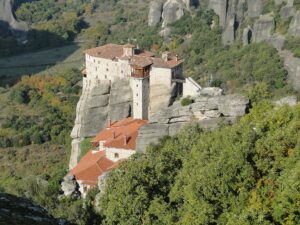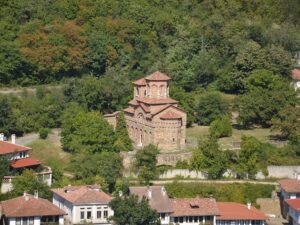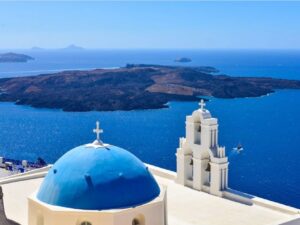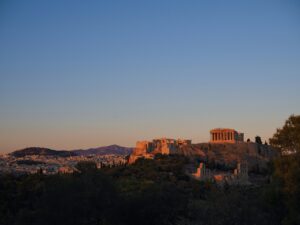Philippi, Greece, holds deep significance as a site of both ancient history and profound Christian heritage, making it a compelling destination for pilgrims and history enthusiasts alike. Located in northern Greece, near modern-day Kavala, Philippi was established in the 4th century BC and became a prominent Roman colony. It was here that the apostle Paul preached and established one of the earliest Christian communities in Europe, marking it as an important center of early Christianity.
At the heart of Philippi stands the ancient theater, where Paul and Silas were imprisoned according to biblical accounts. This theater, carved into the hillside, offers a poignant reminder of the early Christian struggle and triumph. Nearby, the Roman Forum of Philippi, with its well-preserved ruins and imposing columns, reflects the city’s prosperity during Roman times and provides a glimpse into daily life in antiquity.
The most sacred site in Philippi for Christian pilgrims is the traditional site of the baptism of Lydia, the first European convert to Christianity. Located along the Gangites River, this tranquil setting invites pilgrims to reflect on their faith and the spread of Christianity across Europe. The archaeological remains of the Basilica of Paul, built in the 5th century AD over the traditional prison site of Paul and Silas, further underscore Philippi’s importance as a center of early Christian worship and devotion.
Visiting Philippi offers pilgrims a unique opportunity to walk in the footsteps of the apostle Paul and early Christians, experiencing firsthand the historical and spiritual significance of this ancient city. The blend of archaeological wonders and biblical heritage makes Philippi a profoundly enriching destination for those seeking to deepen their understanding of Christian history and spirituality in a setting steeped in both ancient allure and sacred tradition.




